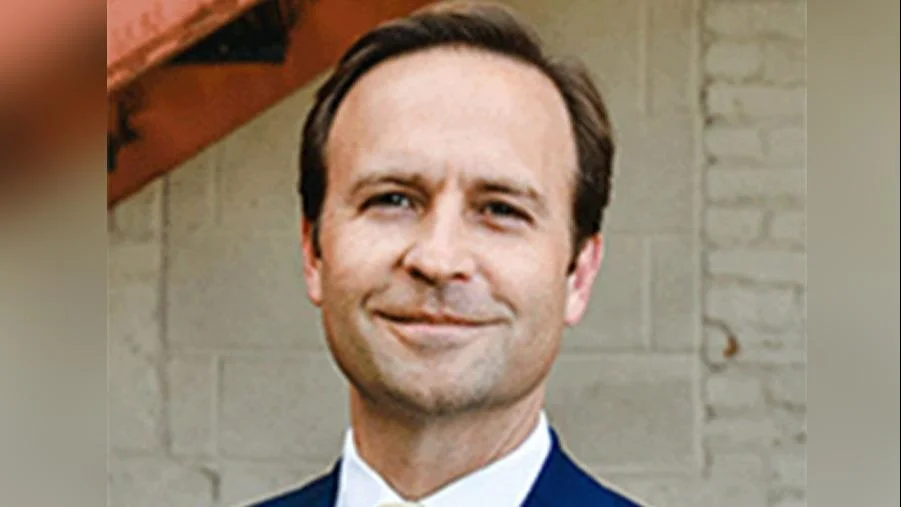Brian Calley President and Chief Executive Officer at Small Business Association of Michigan | Official website
Brian Calley President and Chief Executive Officer at Small Business Association of Michigan | Official website
The Michigan Legislature has finalized the state budget for the upcoming fiscal year after a brief delay that saw the government operating without funding for several hours. The $78.5 billion budget, reached after extended negotiations, introduces both new taxes and spending cuts while preserving certain programs important to small businesses.
A key feature of the budget is continued support for small business initiatives. Lawmakers approved $11.2 million in funding for the Small Business Support Hubs program, which offers training, education, and direct services to businesses affected by COVID-19. The SBAM Foundation remains the only statewide hub and will continue its work through this competitive grant process. "We applaud the preservation of this program," stated representatives from SBAM.
Road infrastructure was another central topic during negotiations. The new plan aims to raise about $1.85 billion annually by redirecting gas tax revenues exclusively to road projects and increasing the gas tax by 20 cents per gallon. Additional revenue will come from decoupling Michigan’s taxable income from recent federal tax changes and implementing a new wholesale excise tax on marijuana.
Recent changes at the federal level allow businesses to deduct more research and development expenses, reducing their overall taxable income. However, with House Bill 4961, Michigan has decided to “decouple” from these federal provisions, meaning businesses will not receive these additional deductions at the state level. According to projections from Michigan’s House Fiscal Agency, this change is expected to increase business taxes by $520 million this year—a sum that will help finance road improvements.
A new 24% wholesale cannabis excise tax is included in the budget package as well, projected to generate around $420 million annually for road funding efforts. Critics argue that such a high rate could push more sales into illegal markets if consumers seek lower prices elsewhere.
Other notable items include ongoing adjustments to Medicaid funding mechanisms through Michigan’s Insurance Provider Assessment (IPA). If a requested waiver is denied at the federal level, state authorities may implement a new tax rate on health insurance premiums without further legislative approval.
Workforce development also features in the budget with allocations such as $22.3 million for the Going PRO Talent Fund—supporting employee training—and reduced funding for Michigan Reconnect scholarships ($42 million), which help adults earn associate degrees or skills certificates.
Tourism promotion via Pure Michigan sees its allocation drop from $26 million last year to $17 million in line with revised revenue expectations.
Childcare support continues through MI Tri-Share, receiving $3.4 million along with administrative changes aimed at improving accountability and regional coordination.
SBAM encourages members and stakeholders interested in policy updates affecting small businesses to subscribe to its Watchdog publication for ongoing coverage of legislative developments.






 Alerts Sign-up
Alerts Sign-up